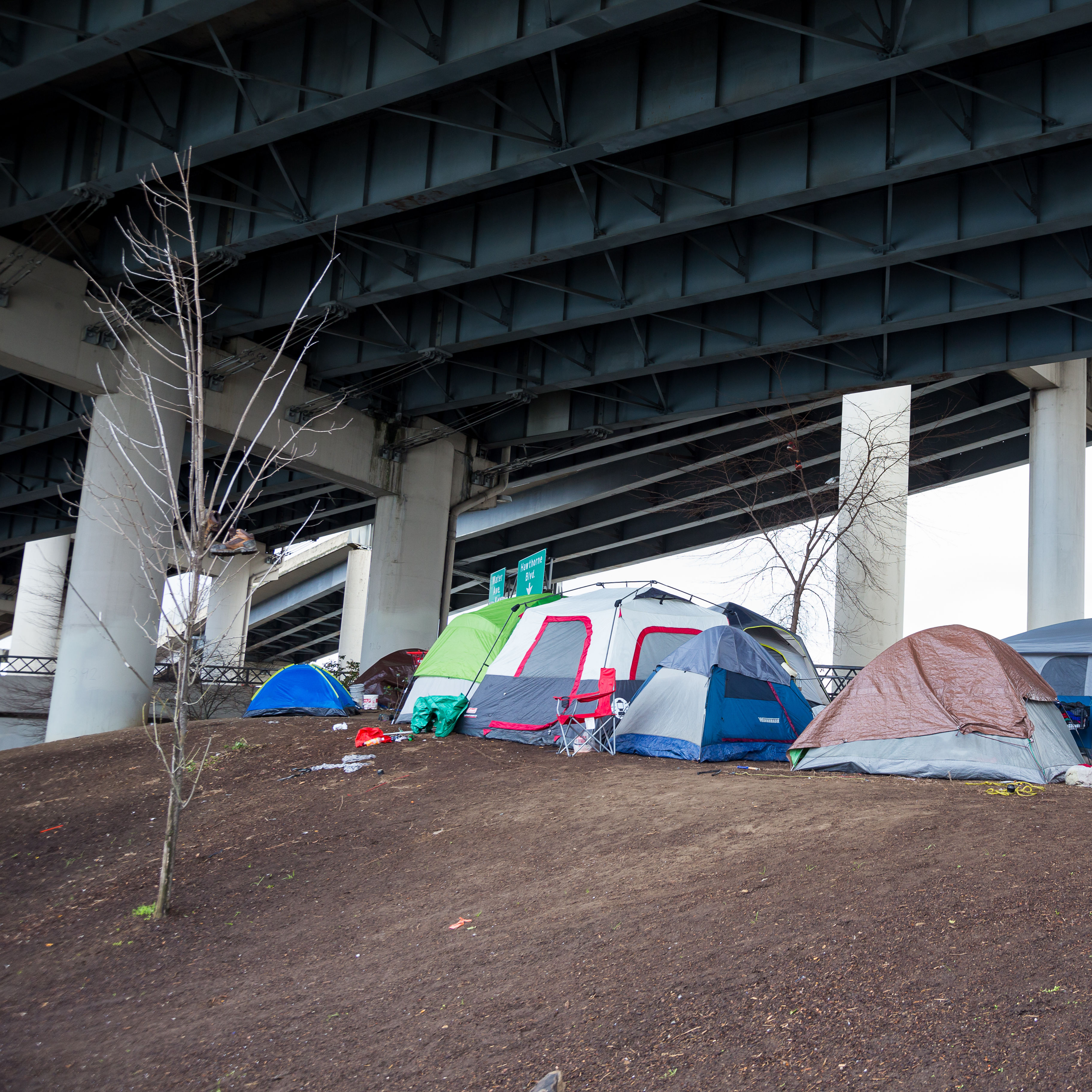What Don't We Understand About Homelessness in Portland?
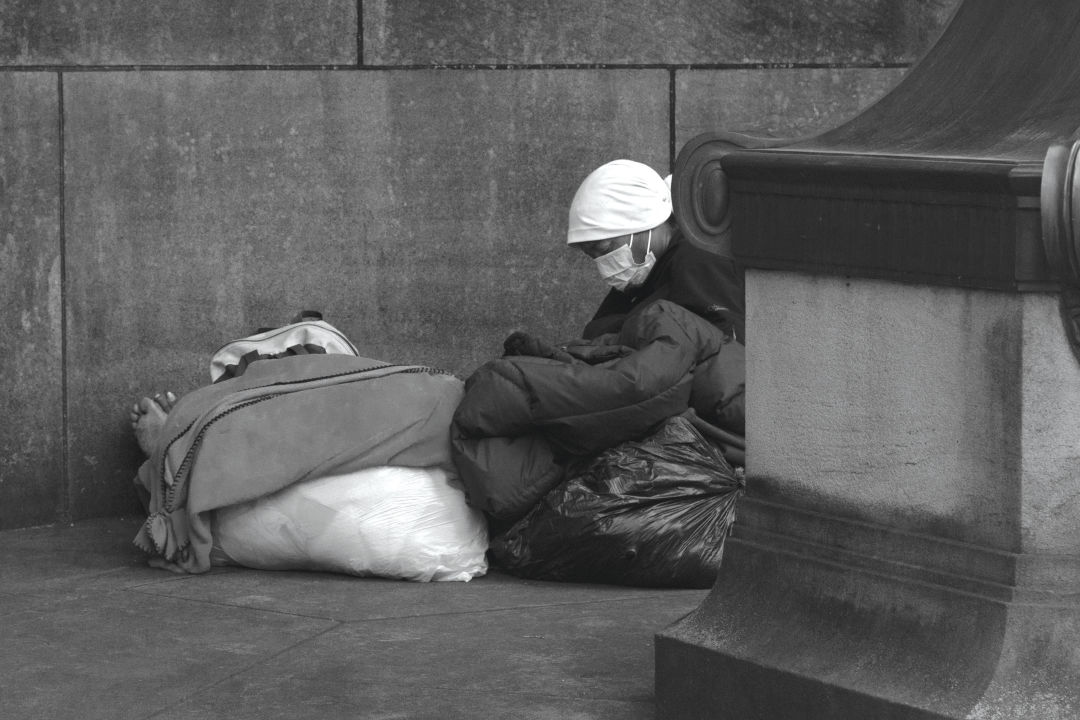
Corrine Penning
Experienced homelessness for eight months, now a coordinated access case manager at Transition Projects, a nonprofit operating eight publicly funded shelters around the city
“What I hear from people all the time is: ‘[The homeless are] able to work. They should go get a job.’ Homelessness is the single most exhausting thing I’ve ever experienced. And it’s exhausting in a way that you don’t understand. You’re worried about where you’re going to sleep that’s safe and who you’re going to hang out with. You have to scrutinize every single decision you make as to whether that’s going to put you in danger, and on top of that you’re struggling to meet your basic needs. You’re trying to find a place where you can go to the bathroom without getting a ticket or without exposing yourself to some other person that’s then going to try and sexually assault you. And it’s basic decisions. Where am I going to eat today? How am I going to get enough food in my system where I can actually fall asleep and ignore the hunger pains? Then you’re not eating, which adds to your mental exhaustion—it’s this awful cycle. So when people are like, ‘They can work,’ yes, they’re capable of working. But they need the stability to be able to do it. [You hear] people all the time, ‘I had a baby, I’m so exhausted.’ Well, times that by 10.”
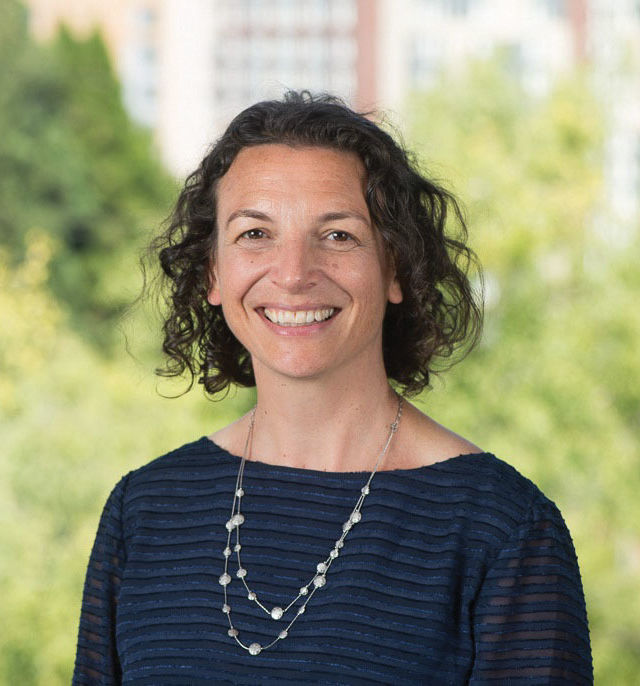
Rachel Solotaroff
MD and president and CEO of Portland-based nonprofit Central City Concern
“Both my own experience and the literature break the drivers of homelessness into two factors. One is structural: the absence of affordable housing, the absence of meaningful wage jobs, structural racism and bias, interaction with the criminal justice system. Then there’s individual experience, things like serious mental illness, substance use disorder,
history of trauma, interaction with the foster care system as a child, and low income or poverty. Homelessness is the interaction of those factors. What the literature has borne out is the more pronounced those structural factors are, the fewer—if any—of those individual experience factors are required to drive someone into homelessness and keep them there. In our society, we want to think it’s about the individual: if you just tried harder, if you just went to more doctor’s appointments, if you just wanted it more, you could get yourself out of this situation. But we need to recognize how those structural factors have a disproportionate impact.”
Kaia Sand
Executive director of Street Roots, Portland’s weekly newspaper sold by people experiencing homelessness and poverty
“We end up approaching homelessness as though we can somehow make things better through law—through trying to enforce compliance, when most of these things are just making life harder for people. Too many people who are arrested are unhoused. Too many 911 calls are simply about unwanted persons. They are actually issues of public health and infrastructure. People get tangled up in fines and fees, whether it’s a trespass, or not having the bus fare. It gets compounded to the point where they end up having warrants out. It gets that much more difficult for them to get housing and dig themselves out of poverty. This is something that disproportionately affects poor people. It’s one of these issues with the legal system that’s really gone amok.”
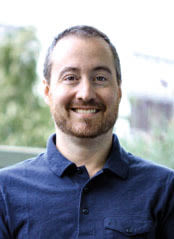
Matt Olguin
Director of Shelter Services for Transition Projects
“People find it surprising how many folks experiencing homelessness have income. They just can’t get into housing. There’s a lot of folks literally sleeping on the streets, waiting to get a bed [at our shelters] that have [around] $750 a month Social Security income or Social Security disability.... Or maybe they’re working a minimum-wage job but can’t afford to get back into housing [because they can’t] get the money together to put down first and last month’s rent and a deposit. How do you get into housing without help? The answer is you don’t.
“Subsidized-housing wait lists are four or five years long. It’s only really been in the last couple of years [that Portland has] started putting a focus on building more affordable and low-income housing, so it takes time to catch up. A shelter isn’t the solution. It’s one step in a path to get into housing, which is, ultimately, the solution to somebody’s homelessness.”
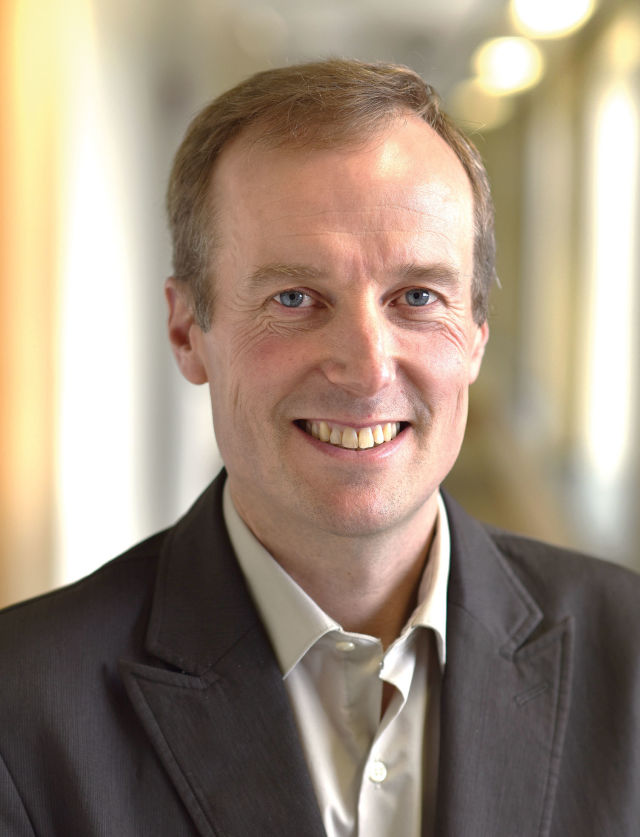
Marc Jolin
Director, City of Portland and Multnomah County’s Joint Office of Homeless Services
“The biggest challenge that we’ve faced ... is the growing divide between what our lowest-income households have available to them to pay rent and the cost of housing. The larger that difference—and the more rapidly that that difference grows—the higher rates of homelessness you’re going to experience.
“If I had unlimited resources, I would scale those interventions that we already currently have. In each of our systems of care—whether it’s youth or domestic violence or families or adults—we invest in emergency shelter capacity. People vary, and many folks need some active assistance to work through their needs, to get documentation or deal with credit issues or past debt issues. There is definitely a strength in the diversity of providers that we have in the community, because they are able to specialize and they’re able to serve particular needs. So, there’s very much a need for this kind of diversification [and] to improve the coordination of the work amongst those nonprofits.”
Shaun Sahli
Acting sergeant at Central Precinct Neighborhood Response Team, Portland Police Bureau
“For the last four years, the big issue that we get a lot of complaints about are camps. Our officers, Tim and Ryan, will go and make contact. And they do the same thing with everyone. They inquire, ‘Hey, are you ready to be done with this? Would you like to get off the street? If you would, would you be OK if we did a referral [to a housing nonprofit] for you?’ I’d say anecdotally about 15, 20 percent of folks will take us up on that offer. Some might be, ‘Hey, I don’t trust the cops, I don’t think they’re totally aboveboard.’ There are some folks who like the lifestyle. There’s a freedom aspect. For others, it’s a family thing: this is their protection, their circle. And some, they’re not ready to be done getting high.
“I know a lot of people say, ‘Put people in housing and everyone’s gonna be fine.’ That would help; it’s not going to solve it. There are a lot of folks who don’t want to go to housing, or won’t function well in housing. Or folks that we do put into community housing, and these turn into our neighborhood complaint issues. It’s not that easy of a fix. It’s different for each person, which makes it a tough problem to solve. And I don’t see us doing any kind of service for people out there without addressing mental health.”
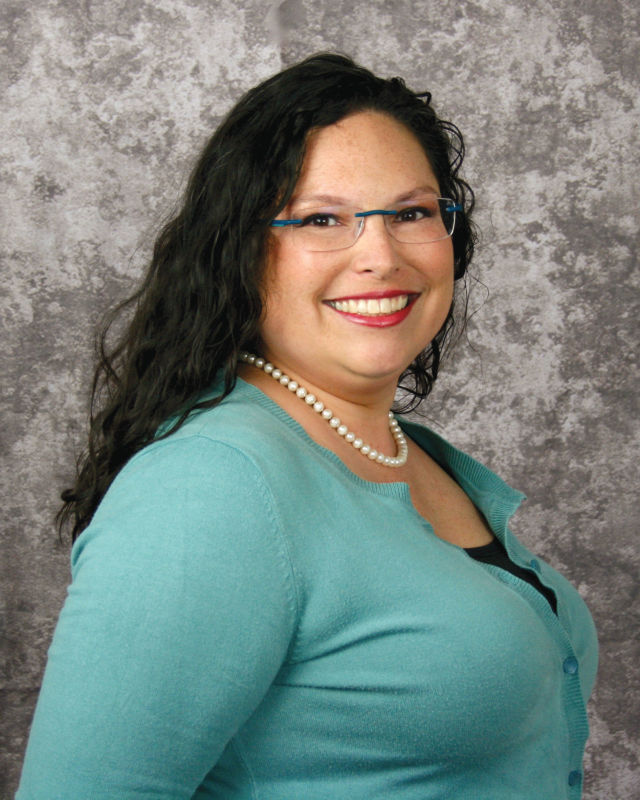
Marisa Zapata
Associate professor at Portland State University College of Urban & Public Affairs and director of PSU’s Homelessness Research & Action Collaborative
“We have far more people experiencing homelessness than what we realize. When we see people living on the street, that’s just a portion. Going along with that, Portlanders don’t really realize how many people of color are disproportionately experiencing homelessness. That is reinforced by typically seeing people who are white living on the streets, and thinking that’s the homeless population. We don’t have a great methodology in place to estimate how many people we’re really looking at who are living on friends’ couches or sleeping in people’s sheds in their backyard. And that links into racial disparities because that’s where we see people of color mostly experiencing homelessness. So there’s not really a great handle on how to estimate that population, how to reach that population, let alone how to fully serve that population.”
